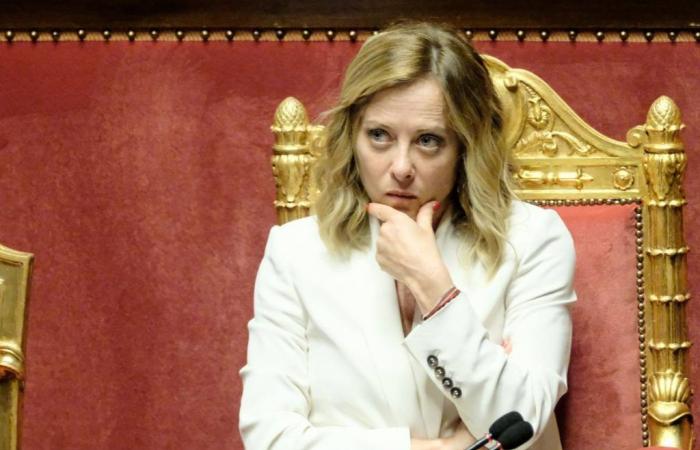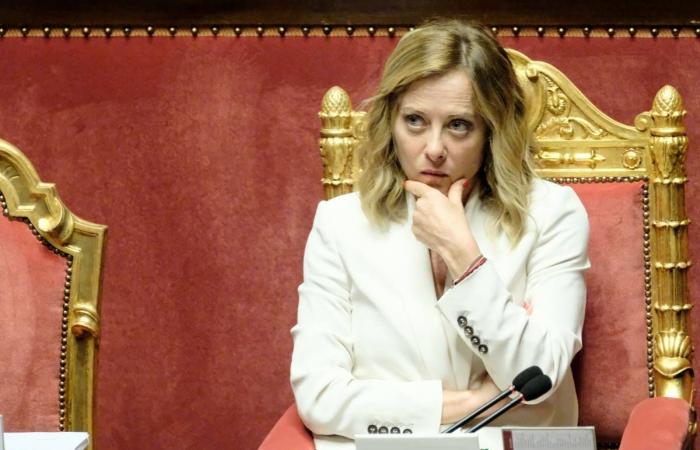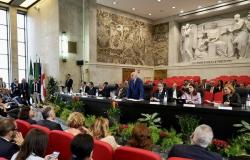«After the premiership, autonomy and justice, it will soon be the turn of bureaucracy. We are making courageous reforms and we want to continue making them.” The announcement, signed by Giorgia Meloni, arrived at the Festa del Giornale. The fight against bureaucracy therefore becomes the new frontier to overcome, the new moloch to demolish, the mountain to climb to restore competitiveness to the country. Because, as the Prime Minister said at the press conference at the end of the year, «Italy is a nation in which many would invest if we had greater certainties. In this sense, I consider the reform of bureaucracy and justice to be two priorities.”
Of course, the implementation of good government intentions into reality passes through clear and effective rules, as well as the ability to make truly enforceable rules that are often not applied. The Minister for Public Administration Paolo Zangrillo has long been working on a bureaucracy that becomes an ally of businesses and citizens and is not just considered as an office that complicates easy things.
There are two deadlines in sight that will certainly say a lot about the government’s ability to implement concrete actions. First of all, there is the priority challenge of the PNRR, which requires re-engineering and digitizing 600 procedures by June 2026. The government has simplified over one hundred procedures in strategic and priority sectors, such as telecommunications, environment, infrastructure, a work that was accompanied by the delegation bill for the simplification of administrative procedures in various sectors, such as tourism, disability, pharmaceuticals. Furthermore, the PNRR decree has implemented a further package of simplifications. Now the goal, certainly ambitious, is that of quota 200. It is not about retirement age, in this case, but about the digitization of another 100 procedures to be added to the 100 already simplified, in order to resolve the maximum possible amount of practices with a simple click.
The other big front is that of controls on companies. The idea is not to reduce them, but to make them more rational and effective according to a collaborative approach between the Public Administration and the industrial fabric, so as to guarantee greater stability and certainty, as Zangrillo himself said. For this reason, an ad hoc provision will arrive that will provide for ex post and no longer ex ante controls by the summer break, probably by one of the two next Councils of Ministers.
Then there is the prospect of the work that will be carried out at the parliamentary level. In particular, there is an objective that concerns the real estate market that we want to focus on: the consolidated text of construction and the digital file of the building, as explained by Erica Mazzetti, secretary of the Bicameral Simplification Commission. “Urban planning and construction have been suffocated by bureaucracy for decades, especially due to the chaos of competences caused by Title V. Simplifying means cutting and digitizing. Therefore, we are working to give construction, our economic heart, a new consolidated text of construction with uniform principles across the entire territory. For digitization, we start with the approval of the single file of the building: deeds of origin, land registry, cadastral urban planning and building practices, energy class.
The center-right government has finally revised the public procurement sector in a liberal and safeguardist way. Seven months after the entry into force of digital tenders, we need to have a single, clear digital platform applied with the same format for companies and contracting authorities”.







